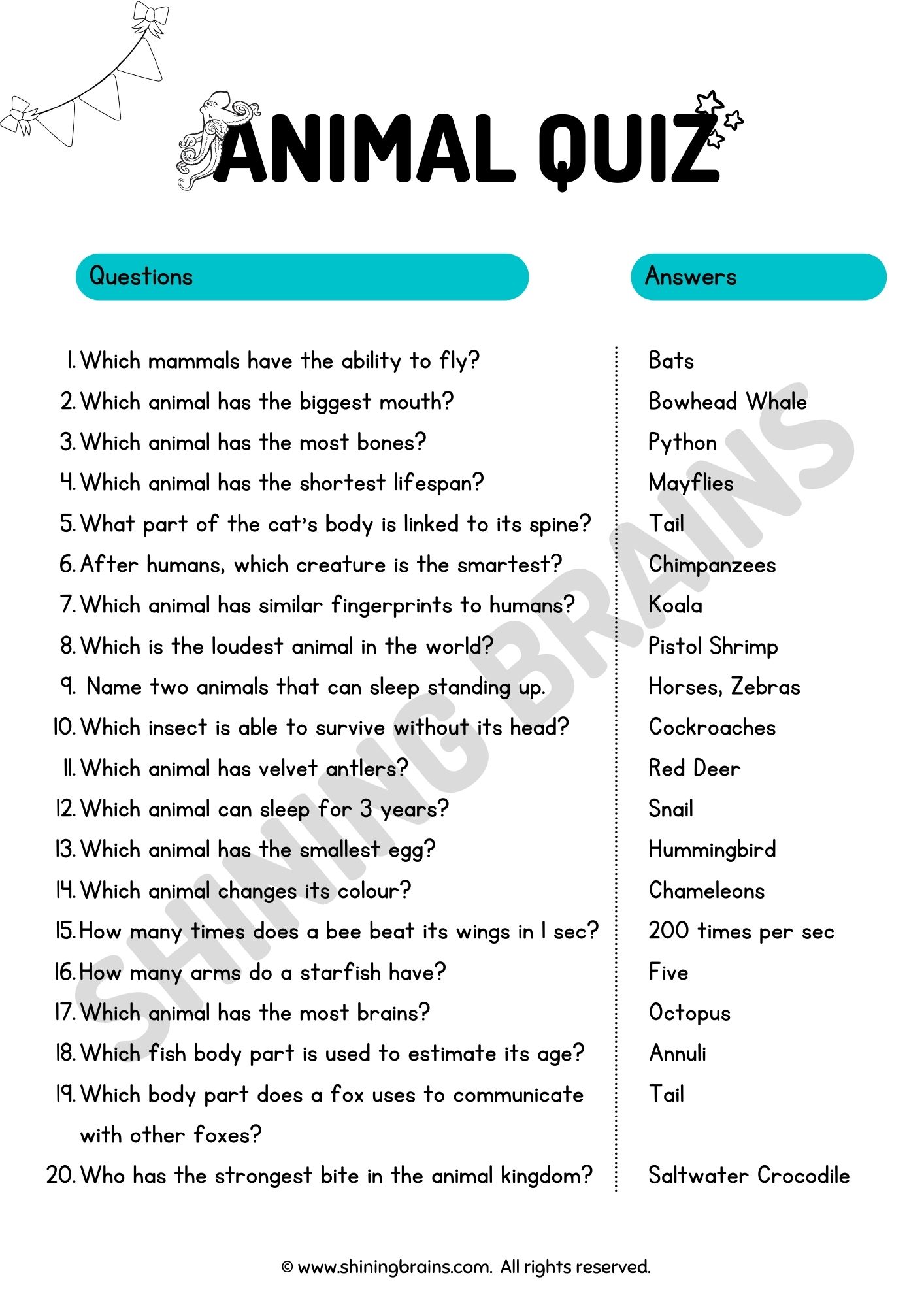In the complex tapestry of human interaction, cultural relativism and ethnocentrism serve as vital threads, weaving together diverse perspectives and experiences. As we embark on this exploration, consider cultural relativism as a prism through which the myriad hues of cultural identities can be appreciated, while ethnocentrism manifests as a narrow lens that obscures this vibrant spectrum. This discourse will illuminate the distinctions between these concepts, highlighting their implications through an engaging quiz designed to challenge preconceived notions and foster deeper understanding.
1. Understanding Cultural Relativism
Cultural relativism posits that a culture should be assessed based on its own values and practices rather than judged against the standards of another culture. It encourages empathy and an appreciation for the diversity of human experiences. For instance, a practice viewed as peculiar in one culture may hold profound significance in another. This principle offers a framework for evaluating societal behaviors without the bias of superiority. When exploring cultural relativism, consider its implications in global dialogues about traditions, ethics, and social norms.
Quiz Question 1: What key principle underlies cultural relativism?
A) Uniformity of cultural practices
B) Judgement based on personal beliefs
C) Acceptance of cultural differences
D) Superiority of one culture over another
Answer: C) Acceptance of cultural differences
2. Delving into Ethnocentrism
In stark contrast, ethnocentrism emerges as a prevailing mindset where individuals evaluate other cultures primarily through the lens of their own. It is the subconscious belief that one’s own culture is the pinnacle of societal achievement, leading to a sense of superiority. This intrinsic bias can result in misunderstanding, hostility, and cultural imperialism. The concept invites us to examine how we perceive unfamiliar customs and the prejudices that may color our interpretations.
Quiz Question 2: Which of the following best describes ethnocentrism?
A) Genuine understanding of diverse cultures
B) An intrinsic belief in the superiority of one’s own culture
C) A commitment to cultural exchange
D) A neutral perspective on global customs
Answer: B) An intrinsic belief in the superiority of one’s own culture
3. The Spectrum Between the Two
The dichotomy of cultural relativism and ethnocentrism highlights a thin balance between appreciation and dismissal. Too much cultural relativism can lead to moral relativism, where ethical standards lose their universality, and harmful practices remain unchallenged. On the other hand, a pronounced ethnocentrism fosters ignorance and a reluctance to engage with the wider world. It is imperative that we navigate this spectrum with caution and awareness, cultivating a mindset that embraces pluralism while still advocating for universal human rights.
Quiz Question 3: What is a potential downside of excessive cultural relativism?
A) Overgeneralization of cultures
B) Neglect of harmful practices in certain societies
C) Encouragement of cultural exchanges
D) Heightened appreciation for diversity
Answer: B) Neglect of harmful practices in certain societies
4. The Pragmatic Implications
Understanding the ramifications of cultural relativism and ethnocentrism is essential for effective communication in an interconnected world. In international relations, for example, recognizing the interplay of these concepts can influence negotiations, diplomacy, and peacemaking efforts. Cultivating cultural competency becomes a pivotal skill, as global citizens must transcend their ethnocentric viewpoints and understand the values and beliefs of others. This empathetic approach fosters collaboration and collective problem-solving, particularly in addressing universal challenges like climate change, poverty, and social justice.
Quiz Question 4: How can understanding cultural relativism improve international relations?
A) By promoting a singular worldview
B) By fostering empathy and collaboration
C) By enforcing cultural supremacy
D) By discouraging cultural exchanges
Answer: B) By fostering empathy and collaboration
5. Bridging the Gap
In an era where global interconnectedness is at its peak, transcending cultural barriers requires active engagement. Schools, organizations, and communities must facilitate dialogues that explore cultural differences while embracing similarities. Workshops, seminars, and interactive experiences can serve as platforms for sharing experiences, challenging biases, and nurturing mutual respect. Cultivation of these spaces encourages future generations to approach cultural diversity not as a hurdle, but as a wellspring of creativity and innovation.
Quiz Question 5: What is one effective way to bridge cultural gaps in society?
A) Avoid discussing cultural differences
B) Promote dialogues and shared experiences
C) Curate a singular narrative
D) Strengthen ethnocentric beliefs
Answer: B) Promote dialogues and shared experiences
6. Conclusion: The Journey of Understanding
Navigating the intricate landscapes of cultural relativism and ethnocentrism is an ongoing journey that requires diligence and openness. This quiz serves not merely as an assessment tool but as a catalyst for deeper inquiry into how we perceive ourselves and others. As we strive to foster a world rooted in mutual understanding, the commitment to challenge our biases, embrace diversity, and celebrate the rich tapestry of human culture must remain at the forefront of our endeavors. Ultimately, by fostering cultural relativism, we open the door to a more inclusive, equitable, and harmonious global community.
